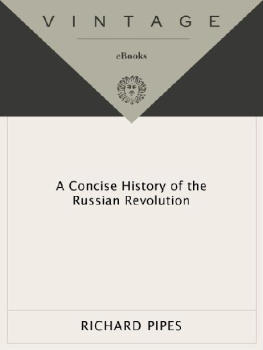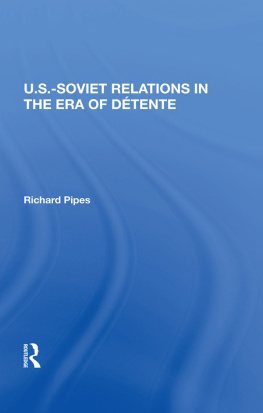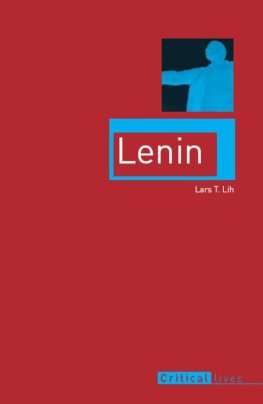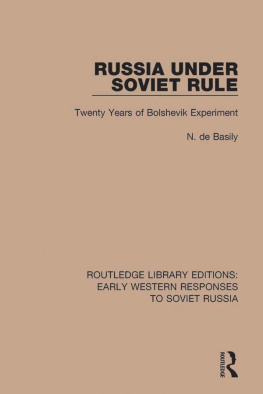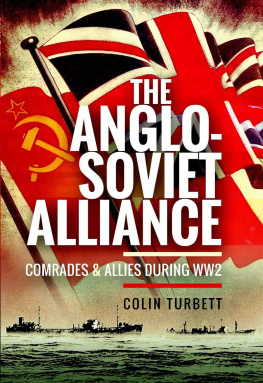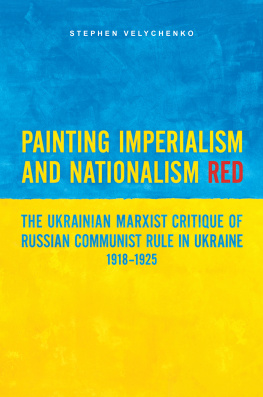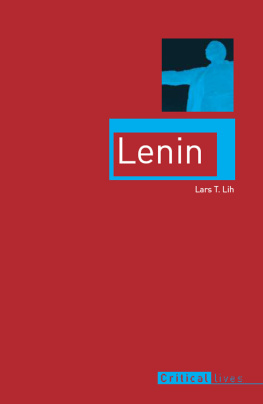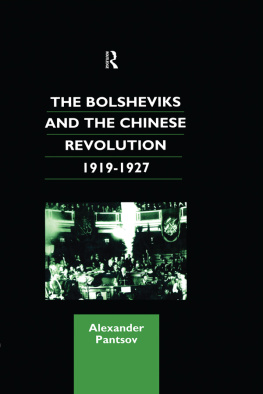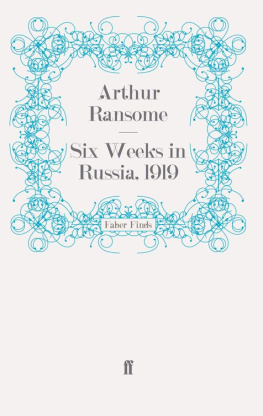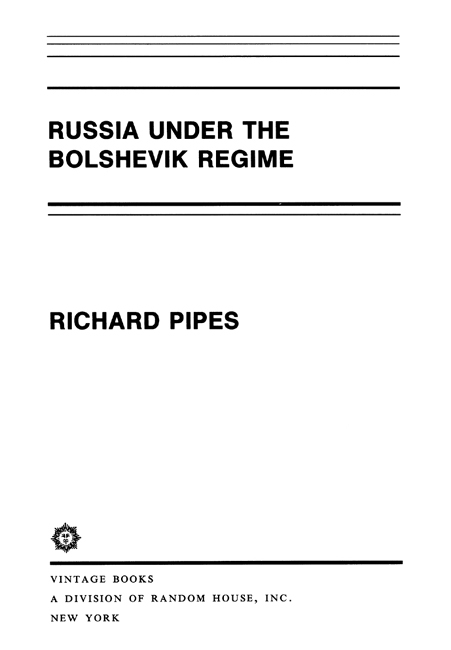Acclaim forRichard Pipess
RUSSIA UNDER THE BOLSHEVIK REGIME
Profound and rigorous. Offers a penetrating analysis of the making of the Soviet system no review could do full justice to this great work [It is] a passionate book whose outstanding scholarship is rooted in universal values like truth, honor, responsibility and the sacredness of human life.
Philadelphia Inquirer
Timely. The work is enriched in intriguing ways by the authors access to the once-secret archives of the Soviet Union. Los Angeles Times
Remarkable. A heavy indictment of Lenin and his colleagues which Pipes presents with deadly effect. [His] portrait of Lenin shows that his cruelty was more rational than Stalins but equally remorseless. Pipes has performed a notable service in making all these things plain.
Sunday Times (London)
Richard Pipes is one of the most perceptive observers of the Russian scene.
Christian Science Monitor
Destined to replace the standard source on the subject.
New Leader
Inspired. Few other historians have so powerfully chronicled the ferocity of Bolshevik sentiment and Bolshevik practice.
Sunday Telegraph
A brilliant scholar. The chapter on cultural policies is the best short survey of its kind. A monumental political history.
Guardian
Magnificent. It is [the] contemporary background which makes Pipess book so compelling. We owe a debt of gratitude to Richard Pipes for at long last giving us a history of the Russian revolution as it actually was.
Daily Mail
A tremendously distinguished work of revisionist history. Pipes makes even the most complex events comprehensible. Original and often startling. It is rare that a book is both completely revisionist and liable to become the standard text on its subject. This is one.
Daily Telegraph
Also byRichard Pipes
The Formation of the Soviet Union:
Communism and Nationalism, 191723 (1964)
Struve: Liberal on the Left, 18701905 (1970)
Russia under the Old Regime (1974)
Struve: Liberal on the Right, 19051944 (1980)
Survival Is Not Enough (1984)
Russia Observed (1989)
The Russian Revolution (1990)
Communism: The Vanished Specter (1994)
Richard Pipes
RUSSIA UNDER THE BOLSHEVIK REGIME
Richard Pipes is Baird Professor of History at Harvard University. The author of numerous books and essays on Russia, Pipes served as the Director of East European and Soviet Affairs for the National Security Council in 198182, and he has twice received a Guggenheim fellowship. His previous books include The Russian Revolution, Survival Is Not Enough, Russia under the Old Regime, Europe since 1815, and The Formation of the Soviet Union.
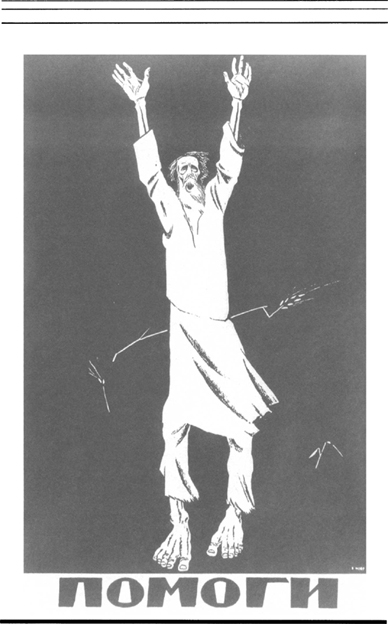
Help! (1921 poster by Moor).
FIRST VINTAGE BOOKS EDITION, APRIL 1995
Copyright 1994 by Richard Pipes
All rights reserved under International and Pan-American Copyright Conventions. Published in the United States by Vintage Books, a division of Random House, Inc., New York, and simultaneously in Canada by Random House of Canada Limited, Toronto. Originally published in hardcover by Alfred A. Knopf, Inc., New York, in 1994.
The Library of Congress has cataloged the Knopf edition as follows:
Pipes, Richard.
Russia under the Bolshevik Revolution/Richard Pipes.1st ed.
p. cm.
eISBN: 978-0-307-78861-0
1. Soviet UnionHistoryRevolution, 19171921. 2. Soviet
UnionHistory19171936. 3. Lenin, Vladimir Ilich, 18701924.
1. Title.
DK266.5.P45 1993
947.0841dc20 92-42710
The maps in this books were made by Bernhard H. Wagner.
v3.1
Truth is stranger than Fiction, but it is because Fiction is obliged to stick to possibilities; Truth is not.
MARK TWAIN
CONTENTS
Why the Red Army won; birth of the Volunteer Army; the rise of the Whites in Siberia; slow emergence of the Red Army; the Moscow Centers; origins of the Directory; Denikins early moves; Kolchak Supreme Ruler; Kolchaks policies.
Creation of the Red Army; its morale and discipline; Allied policies; Britains role; French intervention; Kolchaks offensive; Denikins campaigns in early 1919; Red counteroffensive in the East; Denikin orders drive on Moscow; the Whites, Poland and Finland; the Greens; Britain reassesses her involvement in Russia; Trotsky tries to resign; Anti-Jewish pogroms in the Ukraine, 191820; the end of Kolchak; the end of the National Center: the Whites approach Moscow; Iudenich attacks Petrograd and suffers defeat; the Reds crush Denikin; Wrangel; an assessment of the Civil War; its costs.
The non-Russian population; the nationality question emerges in 1917; separatism after October; the Ukraine; Bolshevik reconquest of Muslim areas; the reconquest of the Caucasus.
Early attempts to stir revolutions abroad; creation of the Comintern; war with Poland; Second Comintern Congress; Red defeat in Poland; emergence of Communist parties in Europe; Comintern and the colonies; liberal sympathizers; fellow-travelers; support of businessmen; the issue of Russias debts; Moscow and Germany; Moscows manipulation of the foreign press; Russian migrs; why the Comintern failed.
The concept of totalitarianism; Mussolinis Leninist roots; Nazi anti-Semitism; Hitler and socialism; common features of the three totalitarian regimes; the ruling party; the party and the state; crowd manipulation and the role of ideology; the party and society; differences among totalitarian regimes.
Culture and Communism; Proletkult; Communist censorship; Bolshevik attitude toward literature; Belles-lettres; theater and cinema; painting, architecture, and music; Lenins monumental propaganda; schools and schooling; besprizornye; higher education; the drive against illiteracy; Communist ethical teachings; family and sex; expulsion of intellectuals from Soviet Russia; concluding observations.
Communist attitudes toward religion; the reestablishment of the patriarchate and first decrees against the Church; exposure of relics of saints; the 1922 campaign to break the Orthodox Church; the drive against religious beliefs; the Living Church; persecution of the Jewish religion; treatment of Catholics; and Muslims; the effect of persecution.
NEP was no Thermidor; the great peasant rebellion of 192021; the emergence of Antonov; the Kronshtadt mutiny; the reign of terror in Tambov; abolition of forced food exactions and transition to NEP; intensified political and legal repression; the SR trial; cultural life under NEP; the 1921 famine; increased control over foreign Communist parties; Rapallo; 1923 Communist alliance with German nationalists; German-Soviet military cooperation begins.
Bureaucratization of the Communist Party; and of the state; Workers Opposition; Lenins illness and Stalins rise; Lenin isolated; the controversy over Georgia; Lenin, Stalin, and Trotsky; Trotskys decline; Lenins death.
The causes of the Revolution; the Bolshevik power seizure; Bolshevism not utopian; the function of ideology; Communism and the legacy of Russian history; Leninism and Stalinism; the human cost of the Revolution; the inevitability of Communisms failure; the moral implications of its history.
Next page

